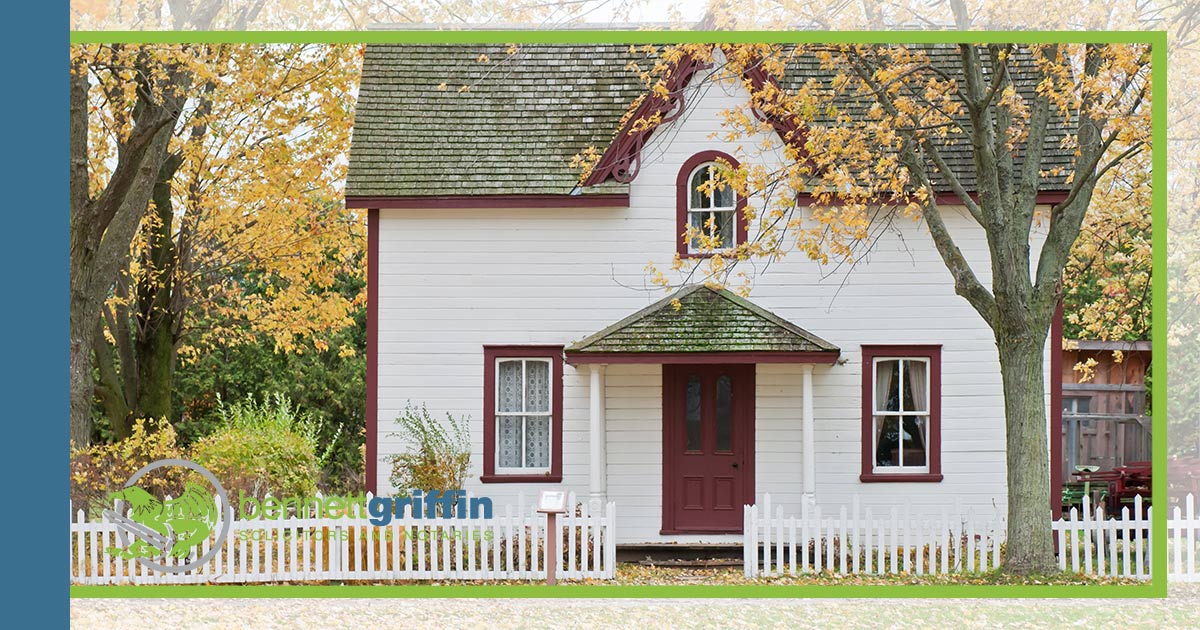5 Top Tips for Tenants Agreeing Terms for a Commercial Lease

When agreeing on a commercial lease it’s important you know exactly what you’re doing. With these top 5 tips, you’ll be better prepared to take on a new lease.
- Term
How long do you want the lease to be?
Most leases offered on the market do not have an automatic right to renew at the end of the term.
The lease, therefore, needs to be of a sufficient time period for your commercial needs.
If you are spending money fitting out the premises, legal & agent fees, and/or plan to establish yourself in the location, then you want to make sure that the length of the lease is sufficient.
However, if your business needs change, you could be locked into a long lease that you no longer require.
Alternatively, if you are setting up a new venture, or in a new location and are not sure if you want to be tied into a lease for any length of time, then you may require a shorter lease.
The risk, in this case, will be, that if you want to stay at the end of the lease, you might not be offered a new lease and if you are, you might be offered a new lease at a higher rent and/or incur more legal/agents fees in the granting of a new lease, sooner than you anticipated.
- Exit
Do you/your landlord require a break clause?
A break clause is a provision in a lease that enables either the landlord or the tenant, or both, to end the lease early.
If you have spent money on fitting out premises and marketing your company at the property, you might not like your Landlord serving you with notice to leave before the end of the lease term.
If you like the security of a longer lease term but would like the flexibility of ending the lease early, should your business needs change, you might like a tenant-only break clause?
- Monies
What sums are you paying under the terms of the lease?
You should be careful when agreeing ‘rent’ for your premises. What, if anything, is included in the ‘rent’? Are you paying building insurance, utility costs, rates, a service charge, etc. on top of what you are paying for the property itself?
You should also check if you are paying VAT on the rent as well.
- Alterations
Do you need to make any alterations, including fit-out works, to the Property?
Depending on the alterations that you wish to make, a license for alterations will be required. The requirement for this should be discussed as part of the terms for agreeing to the terms of the new lease. A license for alterations can delay matters, especially if you are letting a property from an intermediate landlord.
You should also think about whether you are happy to remove your alterations at the end of the lease term and return the property to the landlord in the condition it was in, prior to you undertaking the works.
- Repair
What are your repairing obligations under the lease?
Most commercial leases are full repairing and insuring leases. This means that you could find yourself liable for putting a property into repair and then keeping it in repair.
Preferably a ‘schedule of condition should be used and your repairing obligations under the lease should be by reference to this.
A schedule of conditions contains photographs of the premises showing what condition the property was in at the start of the lease.
When the lease term comes to an end you won’t be required to put the property into a better condition than it was at the start of the lease as evidenced by the photographs.
